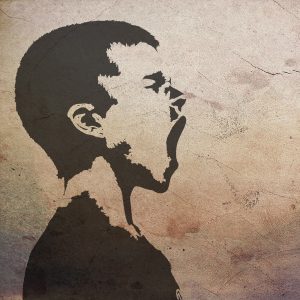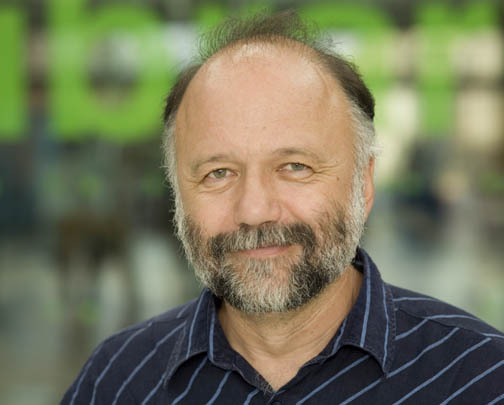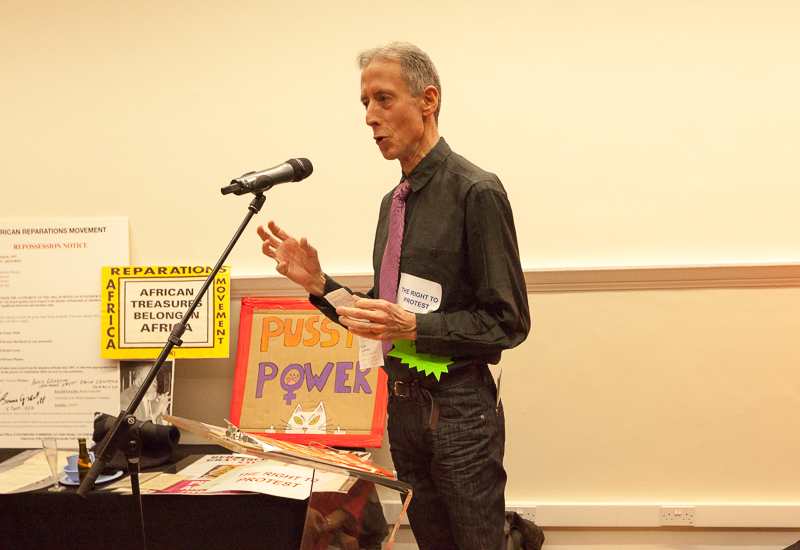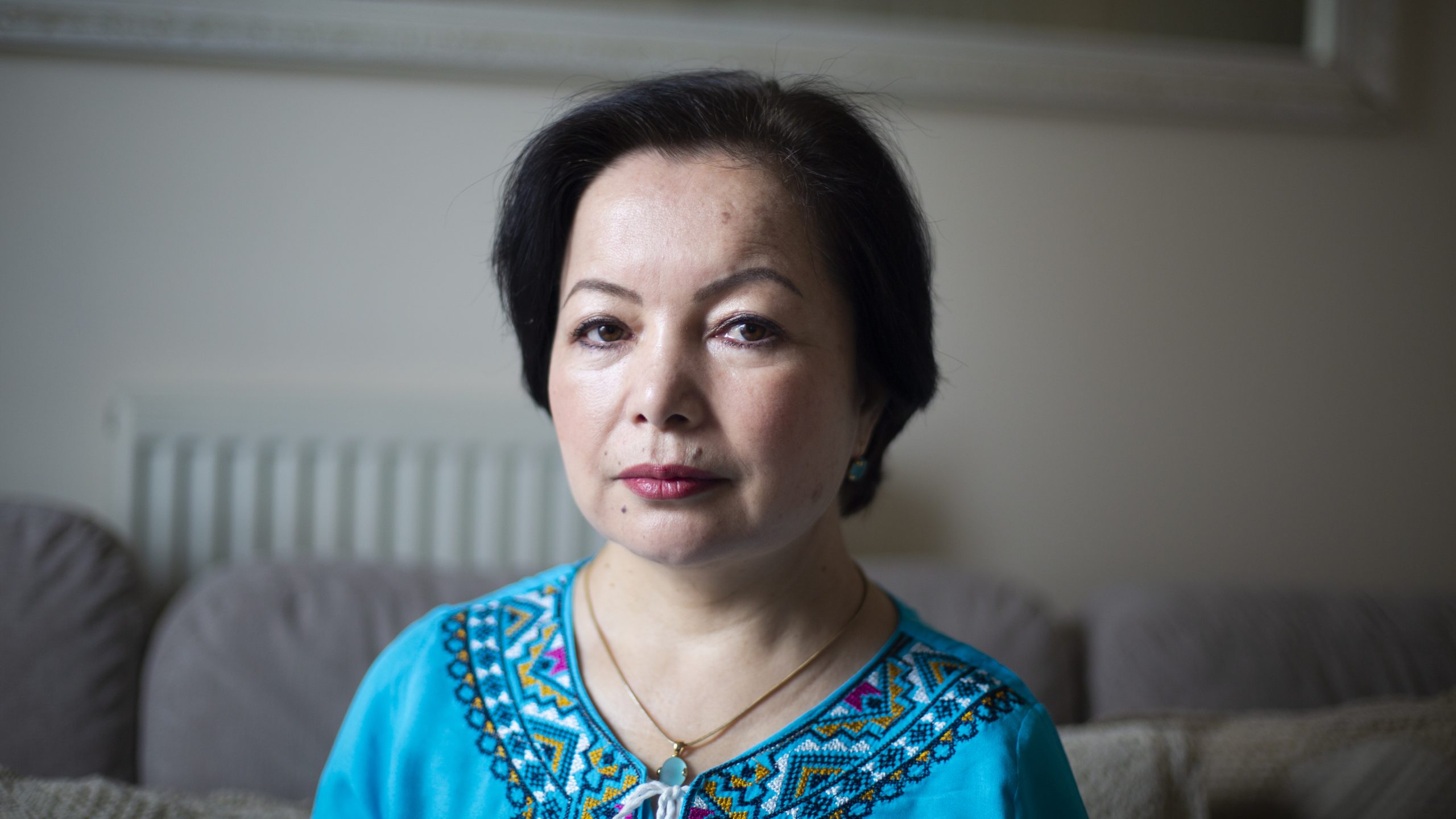22 Jun 2022 | Afghanistan, Africa, Americas, Asia and Pacific, Belarus, China, Europe and Central Asia, European Union, Hungary, India, Kenya, Magazine, Magazine Contents, Philippines, Poland, Russia, Turkey, Ukraine, United Kingdom, United States, Volume 51.02 Summer 2022 Extras
The summer issue of Index magazine concentrated its efforts on the developing situation between Russia and Ukraine and consequential effects around Europe and the world.
We decided to give voice to journalists, artists and dissidents who chose to respond to this ruthless war. At the same time, we didn’t forget other attacks on freedoms that haven’t been covered around the globe as much as they should.[/vc_column_text][vc_custom_heading text=”Up front”][vc_column_text]Joining Ukraine’s battle for freedom, by Jemimah Steinfeld: We must stand with the bold and brave against Putin.
The Index: A global tour of free expression, departing from the poll booth and arriving at the journalists reporting under Taliban rule.[/vc_column_text][vc_custom_heading text=”Features”][vc_column_text]Fifty years of pride and prejudice, by Peter Tatchell: Following the rise and
corporate fall of London’s march for LGBT rights, will grassroots voices rise again?
India’s meaty issue, by Aishwarya Jagani: When a burger comes with a side of oppression.
Cartoon, by Ben Jennings: Art imitates life, caveman style.
My three years of hell in an Uyghur ‘re-education’ camp, by Gulbahar Hatiwaj and Rahima Mahmut: As the world stays silent, hear the truth from inside China’s brutal concentration camps.
One step ahead of the game, by Chen Dan: Media criticism of the Chinese government is all part of the power play.
Welcome to the kingdom of impunity, by Michael Deibert: The landscape is dangerous for journalists in Haiti. Murders and kidnappings are a daily risk.
Politically corrected? By Issa Sikiti da Silva: The banned words the Kenyan
government doesn’t want to hear in this election year.[/vc_column_text][vc_custom_heading text=”Special report: The battle for Ukraine”][vc_column_text]Losing battle for truth in Russian lecture halls, by Ilya Matveev: The war has put a new strain on academic freedom. A Russian lecturer laments his lost classroom.
Don’t be afraid to say two plus two is four, by Mark Frary and Alla Gutnikova: As a convicted student journalist speaks out for freedom, do Russian dissidents once again face the gulag?
Emotional baggage, by Slavenka Drakulic: How it feels to pack up a life in Ukraine and become a refugee.
Back to the future, by Martin Bright: The world has been turned
upside down for Ukrainian reporters, and this is their new landscape.
On not being shot, by John Sweeney: Amidst the Kremlin-wrought
wreckage, do we need a new era of journalism?
Russia’s trojan horse moves closer to Europe, by Viktória Serdult: In Hungary, Putin’s right-hand man and Europe’s right-wing firebrand wins again.
Turkey’s newfound russophilia, by Kaya Genç: Putinism is seeping into Turkey, and it spells trouble for future freedoms.
Divided by age and a tv screen, by Hanna Komar: How do you make sure your
family see the truth when they’re blinded by Kremlin propaganda? A Belarus activist speaks out.
Culture in the cross hairs, by Andrey Kurkov: Decades after Soviet rule, Ukrainian culture is once again under threat, as are the lives behind the creative expression.
Bordering on media control, by Kseniya Tarasevich: False information about
Ukraine finds fertile breeding ground in Poland.
Treat tragedies of the Ukraine war with dignity, by Olesya Khromeychuk: The grieving hearts left behind when death becomes news fodder.
Worth a gamble, by Jemimah Steinfeld: When telling the truth is a crime, turn to a criminal spam operation.[/vc_column_text][vc_custom_heading text=”Comment”][vc_column_text]
Cancel Putin, not culture, by Maria Sorenson: Banning Russian artists assumes
that they are all collaborators of the Russian state and goes against artistic freedoms.
Beware the ‘civilisation’ battle, by Emily Couch: Why Europe must reject
anti-Asian racism to fully stand with Ukraine.
The silent minority, by Ruth Smeeth: A tribute to those whose work never saw the light of day.[/vc_column_text][vc_custom_heading text=”Culture”][vc_column_text]‘The light is no longer the light it used to be’, by Lyuba Yakimchuk: The poet on children being indoctrinated and the elderly disorientated in Russia-occupied Ukraine.
A cassandra worth heeding, by Dominic Cavendish: Murdered Russian journalist
Anna Politkovskaya, whose dispatches from Chechnya should be put in the spotlight.
Poetic injustice, by Stephen Komarnyckyj: History is repeating itself
on the pages penned by Ukrainian writers.
Banking on Russia’s poetic spirit, by Maria Bloshteyn and Yulia Fridman: A “piggy bank” of Russian poetry is fighting on the right side of Putin’s war.
Metaphors and madness, by Eduardo Halfon: In Guatemala, truth is best expressed through fiction.
Metal shows its mettle, by Guilherme Osinski: A heavy metal band labelled
“satanic” by Iran is free from prison and taking back the microphone.
America’s coming crucible, by Jo-Ann Mort: Women in the USA might soon be in the dark about their own bodies.
21 Jun 2022 | Asia and Pacific, China, Hong Kong, News

Since the handover of Hong Kong to Beijing on 1 July 1997, the annual march to mark the date became a rallying point for Hong Kong's pro-democracy activitists. Photo: Etan Liam/Flickr
Residents of Hong Kong are going to be given “fortune bags” this month. Millions of people in the city of 7.4 million will receive bags containing a mug, a pen and a fan. The souvenirs will be customised to celebrate 25 years since the handover of Hong Kong from British rule to Beijing rule, which took place on 1 July 1997. This is just one of many planned initiatives to mark the date. Others include the opening of the Hong Kong Palace Museum, modelled on a museum of the same name in Beijing. There’ll be exhibitions, a gala, performances – you name it, they’re doing it. On a less grand scale, an exhibition of photographs from 1997 has been on display at a local Hong Kong art gallery this spring, a collage of smiling faces and waving China flags. A book accompanies the exhibition.
All the initiatives serve to hammer home the message – “this day is a celebration. Do not say otherwise.” The Chinese government is effectively stage managing the 1 July anniversary.
It’s hardly unusual for a state to want to preside over a message of overwhelming positivity. In the UK, we’ve all just emerged from the extravaganza that was the Queen’s Jubilee, a jamboree that sidestepped any of the scandals surrounding the Queen and Royal Family, as well as some people’s misgivings about the concept of monarchy.
But Beijing is going one step further. Not only are they ramping up good stories, they’re papering over the bad. Inconvenient truths are being written out. New Hong Kong textbooks, for example, will say that the city was never a British colony. Instead, the books will teach students the British "only exercised colonial rule" in Hong Kong. Even the police are being made to change their march. According to the South China Morning Post, the Hong Kong Police Force and other disciplined services are being ordered to move in the Chinese “goose-step” fashion at all important events from 1 July, over the current British-style.
Such distinctions might seem curious, even pedantic – “colony” versus “colonial rule”, what difference you might ask? – but they’re in fact highly political. Beijing is suggesting an unbroken line of sovereignty with Hong Kong. Such a narrative criss-crosses with the one it has used in Xinjiang and Tibet, both of which have been denied past independence in order to justify current Chinese control. As George Orwell famously wrote “who controls the past controls the future”. That is China’s aim.
In Hong Kong, Beijing has been building up to this moment for decades, laying the foundations even before the handover took place. Jonathan Mirsky, East Asia editor of The Times in the 1990s, described the situation in Index six months before the handover: news channels reporting on China were doing so in a “vapid or grovelling” manner; organisations were expected to plan celebrations for the handover. He predicted a dire future, and he was right. Freedom of speech and assembly – the core freedoms that underpin democracies – have been whittled away to the point of non-existence. Index has reported on Hong Kong on and off since our creation in 1972. In recent years this reporting has been more “on”.
The passage of the National Security Law in 2020 entrenched the worst excesses of rule by Beijing. It effectively made criticism of government illegal. Protests surrounding the handover that have taken place annually since 1997 have now become too high-stakes.
But we don’t have to play by Beijing rules over here. We can point out that Hong Kong was, in fact, a British colony. That’s not something to be proud of, but it is well established. The rewriting of history is happening with alarming regularity in China (and elsewhere for that matter) and we should call out this worrying trend.
We should also talk about what has happened to freedoms in Hong Kong since 1997. Events like an anniversary are excellent moments to spotlight a cause and concentrate conversations.
Let’s use the 25th year to really raise our voice. In so doing let’s forge connections with those actively campaigning for Hong Kong freedoms, people like Nathan Law and Benedict Rogers and organisations like Hong Kong Watch and the Committee for Freedom in Hong Kong. We have more power when united. Let’s continue to speak up for those who can’t right now because they’ve been silenced – Jimmy Lai, Joshua Wong, Agnes Chow and the many more currently in prison in Hong Kong simply for demanding basic rights. And let’s pressurise our own governments to do the same.
Ultimately people in Hong Kong should be able to commemorate 1 July however they want, be it with great fanfare and fireworks or holding up a poster and shouting out against Chinese government repression. A pluralistic society is one to celebrate, not one that’s afraid of its own history.
10 Jun 2022 | Belarus, Brazil, China, Hong Kong, Opinion, Philippines, Russia, Ruth's blog, Ukraine, United Kingdom, United States

This week has been awful.
The news has been devastating and all consuming. But that feels like it’s becoming the norm.
In Belarus, our friends remain under attack - Andrei and Irina’s trial began on Monday. We have no idea of the outcome.
In Brazil, Dom Phillips and his colleague Bruno Araújo Pereira remain missing – but with reports of fresh blood being found, our hearts break for their loved ones.
In Ukraine, we see daily the death and destruction caused by the Russian invasion, up to 200 Ukrainian soldiers killed a day. And the reports of cholera in Mariupol are beyond my comprehension in the twenty-first century.
In Russia, the crackdown against dissidents continues unabated – with limited coverage. 160 people are currently defending criminal cases for anti-war statements and this week a close associate of Alexei Navalny was tried in absentia and placed on the international wanted list.
In the Philippines, Ferdinand Marcos Jr has been elected as the next President and made his first visit to the US as President-Elect – seemingly the legacy of his parents no longer an electoral or diplomatic issue.
In Hong Kong, six brave democracy protesters were arrested for the temerity of marking the anniversary of Tiananmen Square.
In the US – the inquiry into the Capitol Riot is officially underway – highlighting just how fragile our collective democracy is and how desperately we need to cherish and protect it.
And that’s before I even touch on what is happening in the UK, the ongoing political crises, and the ideologically incoherent approach to freedom of expression protections.
And in too many countries this is now framed through the prism of a cost-of-living crisis as a scale that we haven’t seen for a generation.
My only comfort is that we know what is happening. In a digital age it is very difficult for any leader, however repressive, to completely silence dissent about their domestic actions. The joy of a free press in democratic countries is that it enables us to be informed and to demand more and better – from our own leaders and from those that claim a global role. It enables us to analyse the scale of the threat and to try and prioritise our efforts in assisting those brave enough to stand against tyranny.
Index exists to provide a platform for the persecuted. We work every day with those who refuse to be silenced. The least we can do is listen to them and then join their fight.





